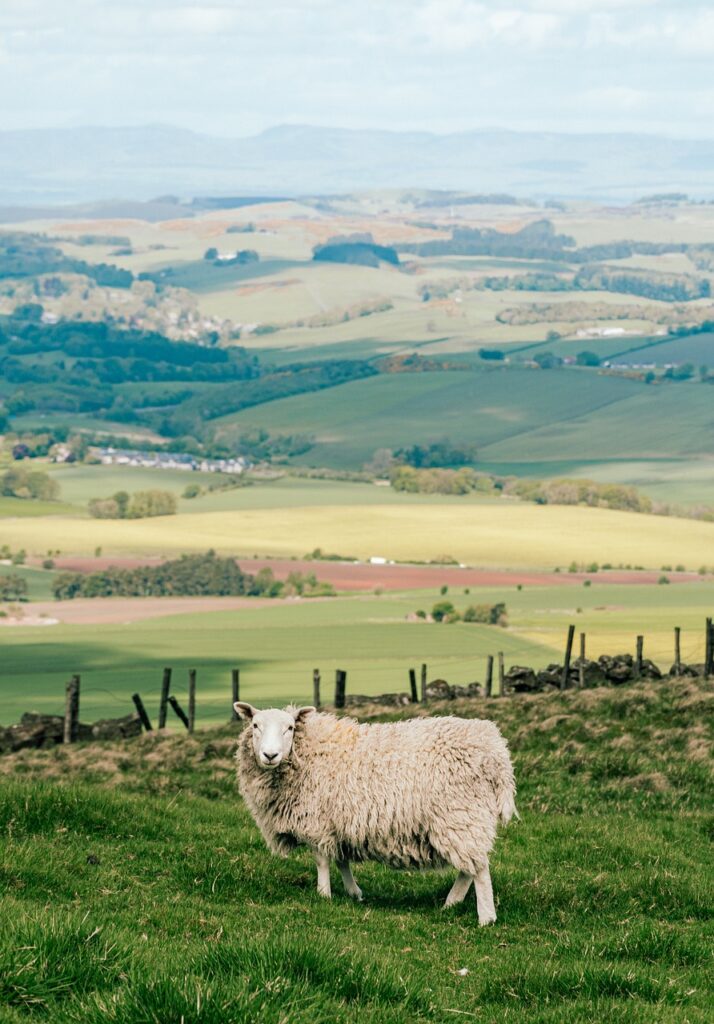Responsible wool standard (RWS)
The Responsible Wool Standard (RWS) is a global certification initiative that ensures wool is produced sustainably and ethically, encompassing animal welfare, land management, and social requirements. Developed by the Textile Exchange, the RWS aims to help consumers identify ethically sourced and produced wool, help companies verify and strengthen their claims, and encourage wool producers to adopt better practices that benefit animals and the environment.

Better Production and Consumption: The Benefits of RWS
The Responsible Wool Standard (RWS) offers numerous benefits to consumers, farmers, and the environment.
For consumers
RWS certification assures that the wool purchased is sourced from farms that prioritize animal welfare and sustainable practices. This transparency makes it easier to make informed decisions.
For farmers
For farmers, adhering to RWS criteria can enhance market access and open up new opportunities. As more brands seek to offer sustainably sourced products, RWS certification can be a valuable differentiator in a competitive market. It encourages farmers to adopt best practices that can lead to improved herd health, better land management, and ultimately, higher quality wool. Through the certification, farmers can also contribute to the health of their ecosystems to benefit biodiversity.
For animals and the world
RWS promotes responsible farming methods that reduce the negative impact of sheep grazing on the land. By implementing sustainable practices, RWS-certified farms can help combat soil degradation, improve water management, and maintain the natural habitats surrounding their operations.
Criteria and How It Works
To achieve RWS certification, farms undergo an assessment by an accredited third-party certifier, which evaluates their compliance with the established criteria. Certified farms can use the RWS label on their products, letting consumers know that their wool meets ethical and sustainable standards.
Animal welfare
Farms must prove that sheep are raised in humane conditions, with access to food, water, and veterinary care. Practices that cause unnecessary pain, such as mulesing, are not allowed.
Land management
Farms must implement sustainable land management practices including maintaining soil health and protecting local biodiversity.
Traceability and transparency
Farms must be able to trace their wool from the sheep to the final product to ensure transparency in the supply chain.
Social welfare
Working conditions and the health and safety of the farm workers and associated with the farm is controlled.
